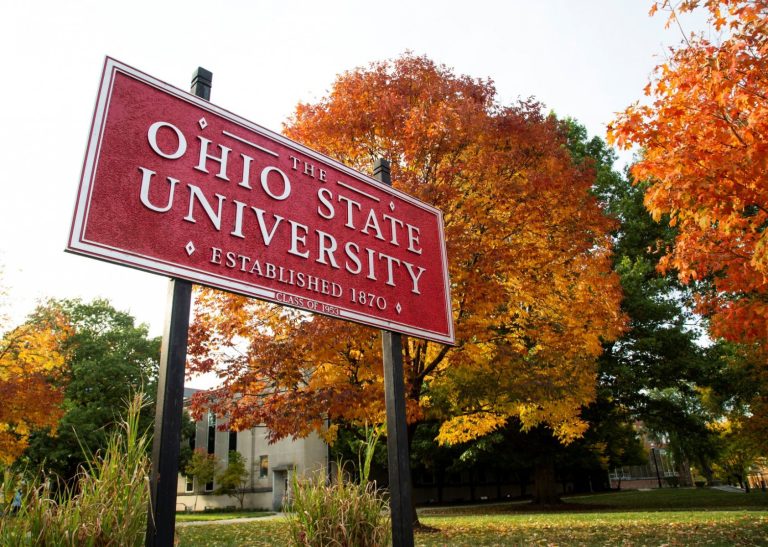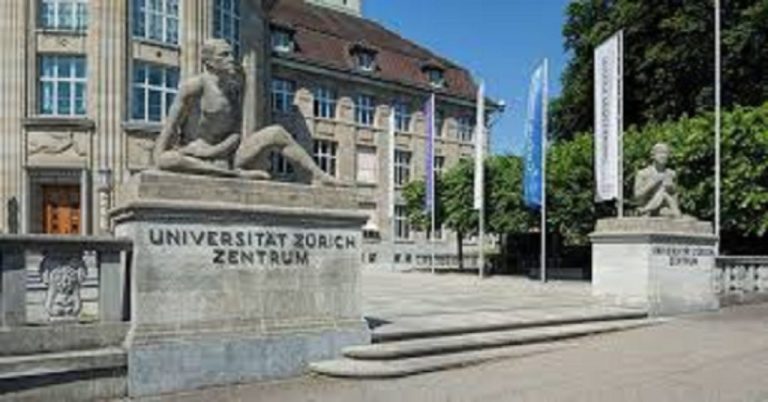
Job No.: 670587
Location: Caulfield campus Melbourne CBD
Employment Type: Full-time
Duration: The scholarship may be held for up to 3.5 years (fulltime) for Research Doctorate (PhD) studies
Remuneration: The successful applicant will receive a Research Living Allowance, at current value of $42,483 AUD per annum for PhD (subject to annual indexation), plus $5,000 pa x 3 years training allowance, $5,000 for travel, $840 thesis allowance and $5,000 cost of living payment.
The Opportunity
This is an unprecedented opportunity for an outstanding social sciences PhD candidate interested in Artificial Intelligence (AI) and inclusive energy futures to win a scholarship to undertake a PhD supervised by Professor Yolande Strengers and Professor Sarah Pink at Monash University. The successful candidate will join our world-leading Energy Futures team in the Emerging Technologies Lab (ETLab) and FUTURES Hub, one of Australia’s most innovative research facilities. The candidate will also be connected to Monash’s Energy Institute and Faculties of Information Technology and Art, Design and Architecture.
Please note that this opportunity is limited to domestic students only – Australian citizens, Australian Permanent Residents, NZ Citizens and a person entitled to stay in Australia, or to enter and stay in Australia, without any limitation as to time.
The Emerging Technologies Research Lab, directed by Professor Sarah Pink, is an interdisciplinary and international research and knowledge community. We investigate the futures, present and past of our social, experiential and political worlds. Our world-class academic and engaged scholarship innovates and delivers new techniques and knowledge carefully designed to deliver new, inclusive and effective understandings and impact in response to the urgent need to better plan for futures with and for people and other species, emerging technologies and climate. The Lab’s internationally leading researchers bring together academic scholarship with engagement with external stakeholders, and advocate for the design of better, responsible and ethical futures. Their work also advances new ethnographic and futures methodologies drawing from design, anthropology, sociology and science and technology studies.
FUTURES Hub is a world-class research, communication, meeting and dissemination nexus for Futures research and activity. It is our response to this moment where we live with elevated future uncertainties in a changing climate, in our applications of emerging technologies, and for our communities and everyday life. At the moment there is simply insufficient knowledge about our possible futures, and a need for new qualitative techniques for investigating, understanding, communications and action in relation to possible futures.
- To be considered for this opportunity you should fulfil the eligibility requirements for Monash HDR candidates. For this particular position must also have an undergraduate or postgraduate qualification in qualitative social science in sociology, anthropology, human geography (or Science and Technology Studies from the perspective of one or more of these disciplines), which has included training and experience in ethnographic research.
Monash University strongly advocates diversity, equality, fairness and openness. We fully support the gender equity principles of the Athena SWAN Charter.
The Project
We invite applications from outstanding PhD candidates with undergraduate or postgraduate qualification in qualitative social science – sociology, anthropology or human geography and which has included training and experience in ethnographic research – interested in energy futures, artificial intelligence, engaged energy research and scholarship, and methodological innovation.
As artificial intelligence (AI) is increasingly integrated in homes and businesses new possibilities are emerging for AI to support both energy systems and the ways in which people use energy. Technical research has demonstrated the technical benefits of introducing AI to optimise energy consumption for energy systems (such as in supporting and enhancing demand flexibility and automated demand response). However, there is a gap in our knowledge about how everyday people will (and wish to) experience and engage with AI to support better energy outcomes.
This PhD project will examine how everyday life benefits of employing AI in energy systems (e.g. low cost, flexible charging and scheduling, energy savings, comfort, health, and wellbeing, etc.) might best be understood and achieved, in ways that are inclusive for diverse Australians in the present and in possible futures. Fieldwork for the PhD will be undertaken in Australia.
Example research questions include:
- How might AI systems best align with diverse people’s everyday priorities, values and routines in such ways that support a sustainable energy transition?
- How might inclusive AI systems provide better value to households by supporting flexible charging, scheduling or other forms of demand flexibility?
- What ethical and privacy protocols are needed to ensure that diverse people trust future AI energy systems?
- How can AI information provision and energy systems support improved trust in the energy transition?
- How might participatory and inclusive modes of communication and consumer engagement be built into AI supported energy systems?
This position has a two-stage selection process:
Stage 1: Please submit an Expression of Interest (EOI) to the Faculty of Information Technology Graduate Research Office at fit-graduate.research@monash.edu
With the EOI please include the following documents – CV (including a list of published works, if applicable), academic transcripts and cover letter – and a draft research proposal of up to 5 pages, responding to one or more of the above research questions.
The draft research proposal should demonstrate an enthusiasm for engaged, theoretical and empirical research using ethnographic and other innovative methods into energy and AI futures. It should also outline your interest in being a PhD candidate within the Energy Futures research programme, summarise the theoretical, methodological and practical approaches you are interested in pursuing in a PhD and your interests in engaging with innovative digital, visual and design ethnographic methodologies.
Stage 2: Candidates who pass this stage of the selection process will be invited to discuss their ideas with Professor Pink before developing a full proposal and submitting an application.
Enquiries:
About the project – Professor Sarah Pink – sarah.pink@monash.edu
About submitting an EOI – Faculty of IT Graduate Research Office fit-graduate.research@monash.edu
Applications Close: Saturday 30 November 2024, 11:55pm AEDT
Supporting a diverse workforce



